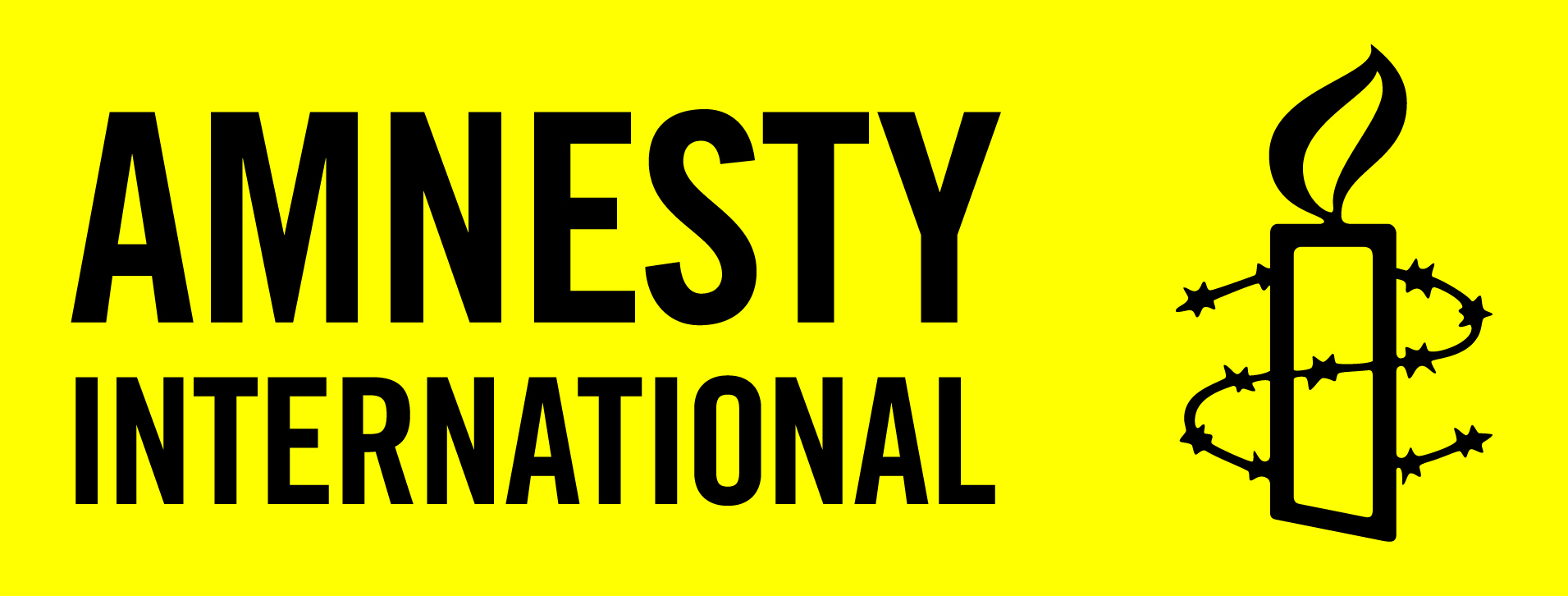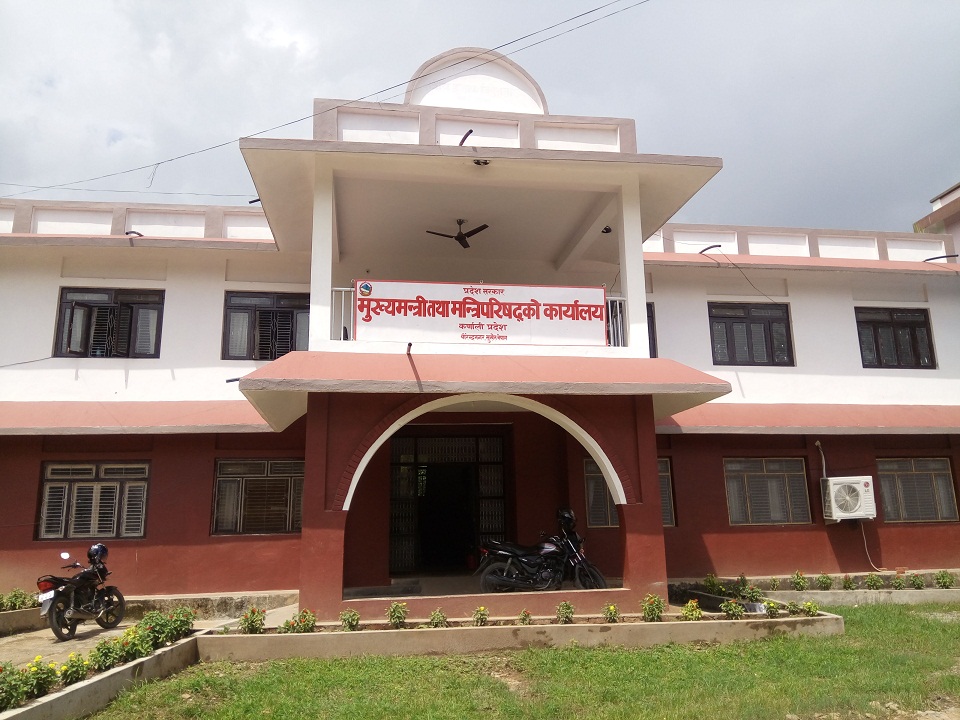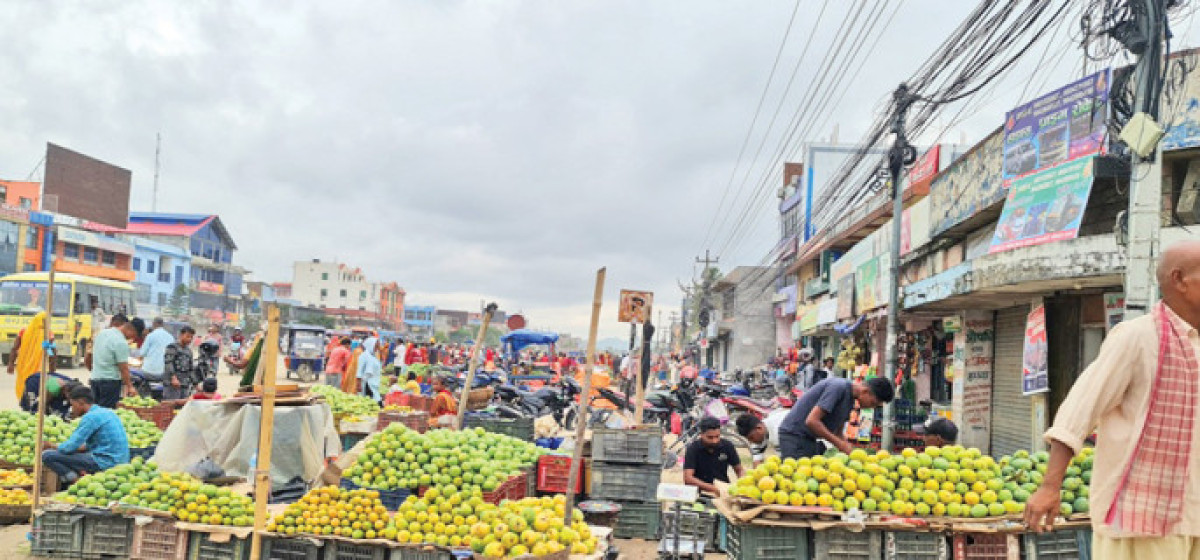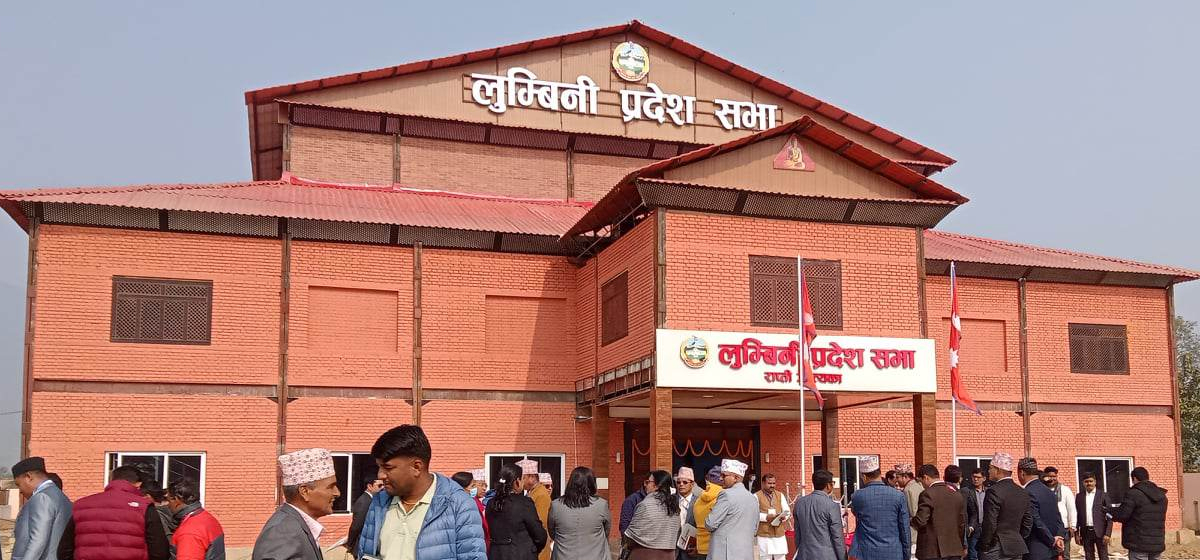
OR
#Amnesty International Report 2021/22
‘Authorities in Nepal using Electronic Transaction Act to stifle freedom of expression’
Published On: March 29, 2022 08:00 PM NPT By: Republica | @RepublicaNepal

KATHMANDU, March 29: A report released by Amnesty International on Tuesday alleged that authorities in Nepal continue to use the Electronic Transactions Act 2006 to arbitrarily detain individuals, including journalists.
In its annual report entitled “Amnesty International Report 2021/22: The State of the World’s Human Rights”, the global human rights watchdog said authorities particularly target those critical of the government and of the leaders of the ruling party. Amnesty International has expressed particular concerns over the facts that federal legislation limiting the rights to freedom of expression and privacy remained pending, while provincial governments drafted new bills threatening media freedom.
The report mentioned that the Ministry of Communication and Information Technology in February drafted social media guidelines that would give the government sweeping powers to regulate social media content and criminalize users’ activities, including the ability to hold people liable for liking, sharing and commenting on posts. “Several bills threatening the rights to freedom of expression and privacy remained pending in the federal parliament, and the provincial governments in Bagmati, Gandaki and Lumbini provinces drafted bills that would limit freedom of expression, especially media freedom,” it said.
In May, the Office of the Registrar of the Supreme Court summoned two journalists, pressuring them to divulge their sources and to apologize for reporting on an alleged meeting between Prime Minister Oli and Chief Justice Cholendra Shumsher Rana. The report also stated that 20 civil society leaders were arrested while peacefully protesting against political interference in the Medical Education Commission in June 2021.
In October, police detained 13 activists who were peacefully demanding impartial investigations into the death of one woman and the disappearance of another in Banke district. Ruby Khan, one of the protesters, was detained by police on trumped-up charges of “polygamy” before the Supreme Court ordered her release. Four men died when security forces opened fire to evict protesters in Rupandehi district in the same month, according to the report.
The Amnesty Report stated that the government continued to fail to deliver truth, justice and reparations to tens of thousands of victims of crimes under international law and other grave human rights violations committed during the 1996-2006 conflict. “The Truth and Reconciliation Commission and the Commission of Investigation on Enforced Disappeared Persons, which had respectively collected more than 60,000 and 3,000 complaints from victims, failed to resolve a single case,” said the report.
By the end of the year, the government had still not amended the Investigation of the Enforced Disappeared Persons, Truth and Reconciliation Commission Act of 2014, as ordered by the Supreme Court in 2014 and 2015, to bring it in line with Nepali and international human rights standards. In July, the government extended the terms of the two Commissions.
Amnesty International in its annual report has also noted that the government had failed to protect the people’s right to health. The second wave of COVID-19, which began in April, caused the collapse of the country’s fragile healthcare system, resulting in more than 7,000 deaths. The situation was exacerbated by a severe shortage of vaccines, medical facilities and vital hospital supplies including oxygen, ventilators and other life-saving medical equipment, and a lack of adequate preparation by the government.
The annual report also documents cases of torture and other forms of ill-treatment and failure of the government to protect rights of indigenous people. “Gender-based discrimination continued, and the government did not reform constitutional provisions which denied women equal citizenship rights. The restrictive provision for statutory limitations for rape in the Criminal Code continued to allow impunity for perpetrators,” adds the report.
You May Like This

Amnesty Int'l urges govts in South Asia to take urgent action to combat COVID-19 surge
KATHMANDU, May 13: Amnesty International (AI) has urged governments across South Asia to immediately address healthcare shortages and urgently strengthen... Read More...

Nepal online trade: Decorating Nepal
Nepal Online Trade is a business initiative of Sajak Yonjan that sells décor materials imported from China, Hong Kong, and... Read More...

Standard Chartered Bank Nepal, Nepal Mediciti join hands
KATHMANDU, Mar 1: Standard Chartered Bank Nepal Ltd (SCBNL) and Nepal Mediciti have signed an agreement to provide various discounted... Read More...



Just In
- President Paudel approves mobilization of army personnel for by-elections security
- Bhajang and Ilam by-elections: 69 polling stations classified as ‘highly sensitive’
- Karnali CM Kandel secures vote of confidence
- National Youth Scientists Conference to be organized in Surkhet
- Rautahat traders call for extended night market hours amid summer heat
- Resignation of JSP minister rejected in Lumbini province
- Russia warns NATO nuclear facilities in Poland could become military target
- 16th Five Year Plan: Govt unveils 40 goals for prosperity (with full list)














Leave A Comment